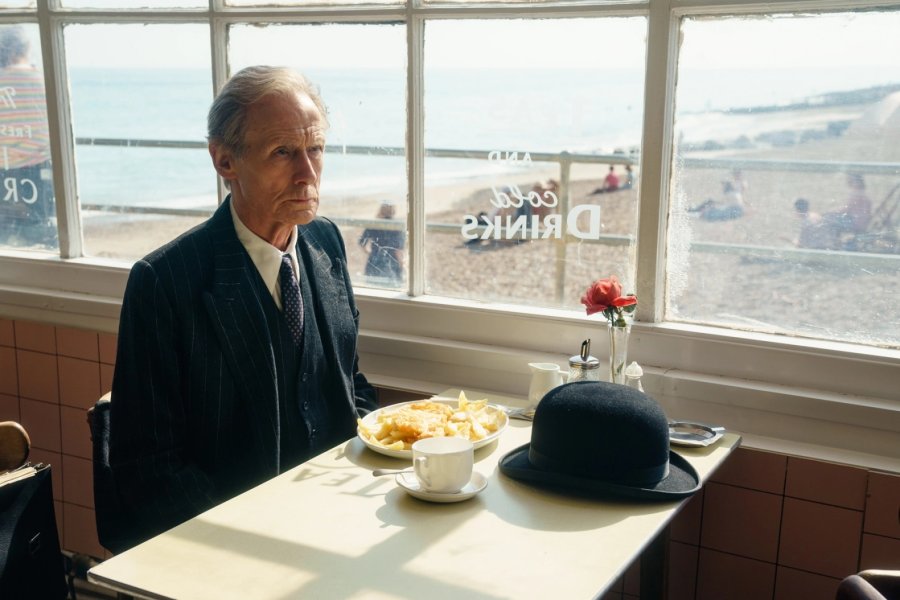Worf
I'll Lock Up
- Messages
- 5,248
- Location
- Troy, New York, USA
Thanks, I was searching high and low for an "ordinary" (no insult intended) fans perspective on this film, Too many reviewers (particularly online) are quick to savage and destroy. Declare something a failure after one weekend. I thank you for giving me your perspective.Saw it today. I only attend a movie about once every 3-4 years as there are so few that entice me, but love the Indiana Jones character. I don't get all the hate for this movie. The only Jones movie in the series I liked better was the first one.
Worf



